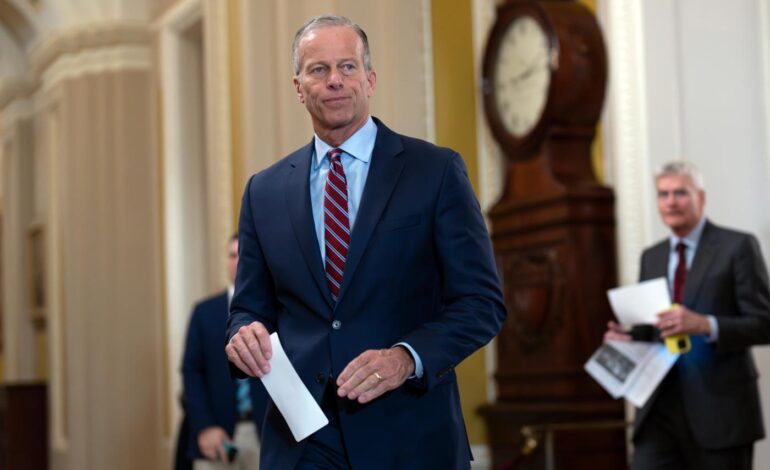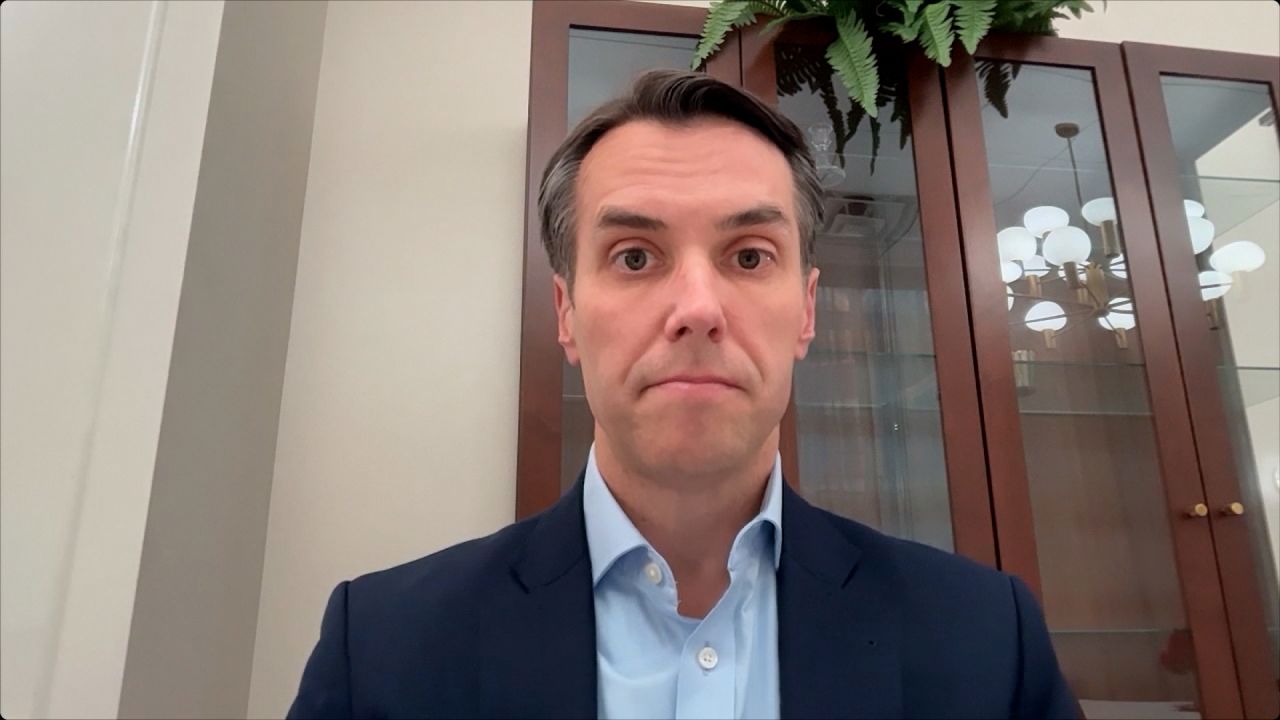Senate Majority Leader Thune Faces Pressure to Alter Filibuster Rules

U.S. Senate Majority Leader John Thune is under significant pressure to modify the Senate’s longstanding filibuster rules, a move that could have profound implications for legislative processes. The filibuster currently requires 60 votes to advance legislation and nominations, allowing for minority party influence in a chamber often characterized by partisan divides. Thune’s push comes amid frustrations with Senate Democrats, who have blocked numerous nominees put forth by former President Donald Trump.
Thune’s rationale for this proposed change stems from a belief that Democrats are unfairly obstructing Trump’s nominees, citing a disparity between the confirmation processes during the Biden administration and the current landscape. While Biden’s nominees largely included experienced public servants focused on governance, Trump’s appointments have raised concerns regarding the qualifications and intentions of candidates like Pete Hegseth and Bobby Kennedy. Critics argue that these individuals often prioritize political allegiance over institutional integrity.
The situation mirrors a historical context where Senate dynamics have shifted based on party control. Under former Senate Majority Leader Harry Reid, the filibuster was limited for judicial nominations to expedite confirmations during the Obama administration. This decision ultimately facilitated Trump’s ability to appoint three Supreme Court justices, reshaping the judiciary in a manner that critics contend has compromised its independence.
The current discourse reflects a broader concern about the Senate’s role as a deliberative body. Many observers argue that the institution has strayed from its foundational ethos of fostering consensus and dialogue. The Republican Party, particularly under Trump’s influence, appears focused on consolidating power rather than preserving mechanisms that protect minority rights in the legislative process.
Some Senate Republicans express apprehension about weakening the filibuster, recognizing that they may find themselves in the minority in the future. Historical precedents suggest that altering or eliminating such checks could lead to unintended consequences, potentially diminishing the party’s influence when they are not in power.
Thune’s stance on the filibuster has elicited mixed reactions. While some party members support a more aggressive approach to advancing Trump’s agenda, others caution against undermining longstanding traditions that uphold the Senate’s unique function within the federal government. The call for maintaining the filibuster reflects a desire among some senators to preserve the rights of the minority and ensure that critical issues receive thorough examination and debate.
In conclusion, the debate surrounding the filibuster underscores a critical juncture in U.S. governance. As Thune navigates pressures from within his party and the implications of potential changes, the Senate’s ability to serve as a balancing force in American politics hangs in the balance. The historical lessons learned from past actions may ultimately guide the decisions made in the coming weeks and months.






